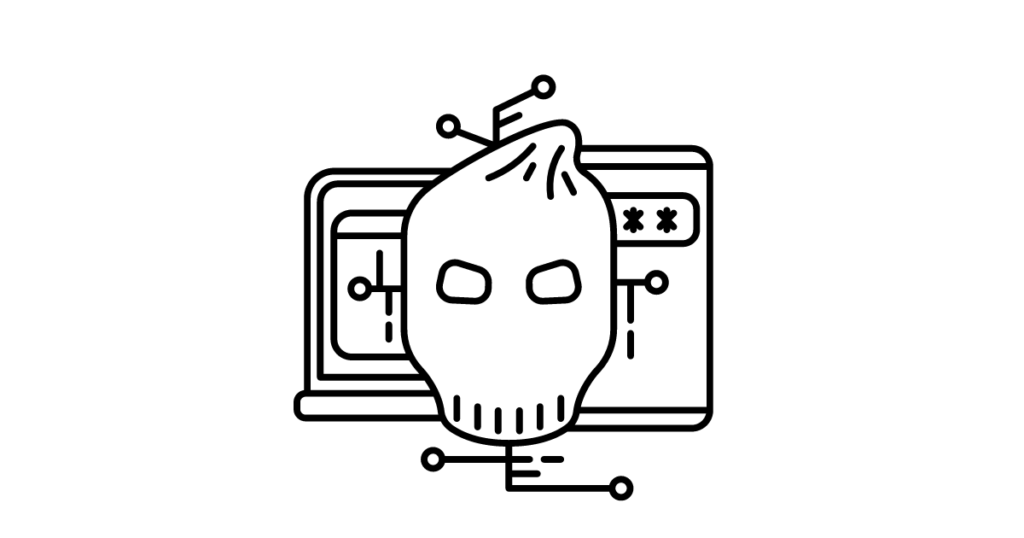Today blog about Ethical Hacking paid course free download how to free download.
Hacking is a term with a broad range of meanings, and its interpretation can vary depending on the context. Generally, hacking refers to the process of gaining unauthorized access to computer systems or networks to manipulate, steal, or disrupt information. However, it’s essential to note that hacking is not inherently malicious, as it can also involve ethical or “white hat” hacking, where individuals use their skills to identify and fix security vulnerabilities to strengthen systems. Ethical Hacking paid course free download
Here are some common types of hacking:
- Black Hat Hacking: This involves unauthorized access to computer systems for malicious purposes, such as stealing sensitive data, spreading malware, or disrupting operations. Black hat hackers are typically associated with criminal activities.
- White Hat Hacking: Ethical hackers, or white hat hackers, use their skills to identify and fix security vulnerabilities in systems. They work to improve cybersecurity by helping organizations strengthen their defenses against potential attacks.
- Grey Hat Hacking: Grey hat hackers fall somewhere between black hat and white hat hackers. They may access systems without explicit authorization but with the intent of notifying the owner about vulnerabilities rather than exploiting them for malicious purposes.
- Hacktivism: Hacktivists use hacking techniques to promote social or political causes. They may target organizations or individuals they perceive as adversaries to advance their agenda.
- Phishing: This is a type of social engineering attack where hackers trick individuals into providing sensitive information, such as usernames, passwords, or financial details, by posing as a trustworthy entity.
- Penetration Testing: Also known as ethical hacking, penetration testing involves assessing the security of computer systems or networks by simulating cyber attacks. This is done with the consent of the system owner to identify and fix vulnerabilities.
It’s important to distinguish between legal and ethical hacking, which aims to improve security, and illegal and malicious hacking, which involves unauthorized access and harmful actions. The term “hacking” itself is neutral; it is the intent and actions associated with it that determine whether it is positive or negative.
Learning ethical hacking involves acquiring knowledge and skills to identify and address security vulnerabilities in computer systems and networks responsibly. Here are steps you can take to start your journey in ethical hacking:
- Understand the Basics of Computers and Networks:

- Familiarize yourself with computer hardware, operating systems (especially Linux), and networking concepts.
- Ethical Hacking paid course free download kaise kare.
- Learn about TCP/IP, subnetting, firewalls, and other fundamental networking protocols and technologies.
- Build a Strong Foundation in Programming:
- Gain proficiency in programming languages commonly used in security, such as Python, JavaScript, or C/C++. Scripting languages like Python are particularly valuable for automating tasks and developing security tools.
- Learn About Operating Systems:
- Develop a good understanding of both Windows and Linux operating systems. Many security tools and techniques are platform-specific, so knowledge of both environments is beneficial.
- Study Networking and Protocols:
- Explore networking concepts, including how data is transmitted over networks, common protocols (TCP/IP, UDP), and network security principles.
- Ethical Hacking paid course free download how to free download.
- Get Hands-On with Virtualization:
- Set up virtual environments using tools like VirtualBox or VMware to create isolated systems for experimentation without affecting your main system.
- Familiarize Yourself with Security Concepts:
- Learn the basics of cryptography, authentication, access control, and security policies.
- Understand common vulnerabilities and attack vectors.
- Explore Web Application Security:
- Gain knowledge about web technologies and security, including common vulnerabilities like SQL injection, cross-site scripting (XSS), and cross-site request forgery (CSRF).
- Ethical Hacking paid course free download how ?
- Take Online Courses and Certifications:
- Enroll in ethical hacking courses or certifications, such as Certified Ethical Hacker (CEH), Offensive Security Certified Professional (OSCP), or CompTIA Security+.
- Online platforms like Coursera, Udemy, and others offer courses in ethical hacking and cybersecurity.
- Practice in a Controlled Environment:
- Set up a home lab or use platforms like Hack The Box, TryHackMe, or OverTheWire to practice your skills in a controlled and legal environment.
- Ethical Hacking paid course free download kaise kare.

- Join the Community:
- Participate in online forums, social media groups, and communities where ethical hackers share knowledge and experiences. Networking with professionals in the field can be valuable.
- Stay Updated:
- Keep up with the latest developments in cybersecurity and ethical hacking. Follow blogs, attend conferences, and read relevant publications to stay informed about emerging threats and technologies.
Remember, ethical hacking requires a strong sense of responsibility and adherence to ethical guidelines. Always seek permission before attempting to assess the security of systems, and use your skills for positive purposes, such as identifying and fixing vulnerabilities to enhance overall cybersecurity. Ethical Hacking paid course free download now.
Ethical hacking, also known as penetration testing or white hat hacking, offers several advantages that contribute to the overall improvement of cybersecurity. Here are some key advantages:
- Identification of Security Weaknesses:
- Ethical hacking helps organizations identify vulnerabilities and weaknesses in their systems, networks, and applications. This proactive approach allows them to address and fix issues before malicious hackers can exploit them.
- Enhanced Security Posture:
- By regularly conducting ethical hacking assessments, organizations can strengthen their security posture. Identifying and fixing vulnerabilities contribute to a more robust and resilient infrastructure against potential cyber threats.
- Compliance with Regulations:
- Many industries and sectors are subject to regulatory requirements regarding data protection and cybersecurity. Ethical hacking helps organizations meet compliance standards by identifying and addressing security gaps that might violate regulations.
- Risk Mitigation:
- Ethical hacking assists in the identification and mitigation of potential risks. Organizations can prioritize and address the most critical vulnerabilities, reducing the likelihood of security incidents that could lead to data breaches or service disruptions.
- Protection of Sensitive Information:
- Ethical hacking helps safeguard sensitive information, such as customer data, intellectual property, and financial records. By identifying and securing potential entry points, organizations can prevent unauthorized access and data breaches.
- Prevention of Financial Loss:
- By proactively addressing security vulnerabilities, ethical hacking helps prevent financial losses associated with data breaches, legal liabilities, and damage to an organization’s reputation. Investing in cybersecurity measures can save money in the long run.
- Enhanced Customer Trust:
- Demonstrating a commitment to security through ethical hacking practices can enhance customer trust. Clients and users are more likely to have confidence in organizations that actively work to secure their systems and protect sensitive information.
- Incident Response Preparation:
- Ethical hacking helps organizations develop and test incident response plans. By simulating potential cyber attacks, teams can practice and refine their response strategies, ensuring a faster and more effective reaction in the event of a real incident.
- Security Awareness and Training:
- Ethical hacking activities contribute to increased security awareness among employees. Regular assessments highlight the importance of security practices and encourage a culture of vigilance within the organization.
- Continuous Improvement:
- Ethical hacking is an ongoing process that encourages continuous improvement. As new technologies and threats emerge, organizations can adapt and evolve their security measures to stay ahead of potential risks.
- Competitive Advantage:
- Organizations that prioritize and invest in ethical hacking practices may gain a competitive advantage. Demonstrating a strong commitment to cybersecurity can be a differentiator in the marketplace, especially in industries where trust and security are paramount.
It’s important to note that ethical hacking should be conducted within a legal and ethical framework, with the explicit consent of the organization being tested. This ensures that the positive impact of ethical hacking is realized without causing any unintended harm. Ethical Hacking paid course free download kaise kare.
♻️Share And Support us♻️
Course Teacher : – Ethical Hacking paid course free download
Course Language : English
Course Size : 20GB+
Course Real Price : Around 5000+
Course : Ethical Hacking paid course free download
Ethical Hacking paid course free download free Click For Download :

Ethical Hacking paid course free download free To Our Telegram Group :

